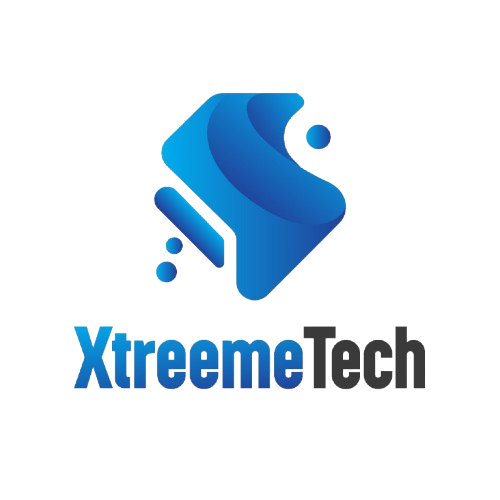
We help businesses get found on Google and grow organically through smart, data-driven SEO strategies. From keyword research and on-page optimization to technical SEO and link building, we make sure your website ranks higher and reaches the right audience. Our goal is to drive traffic that actually converts, not just clicks.
